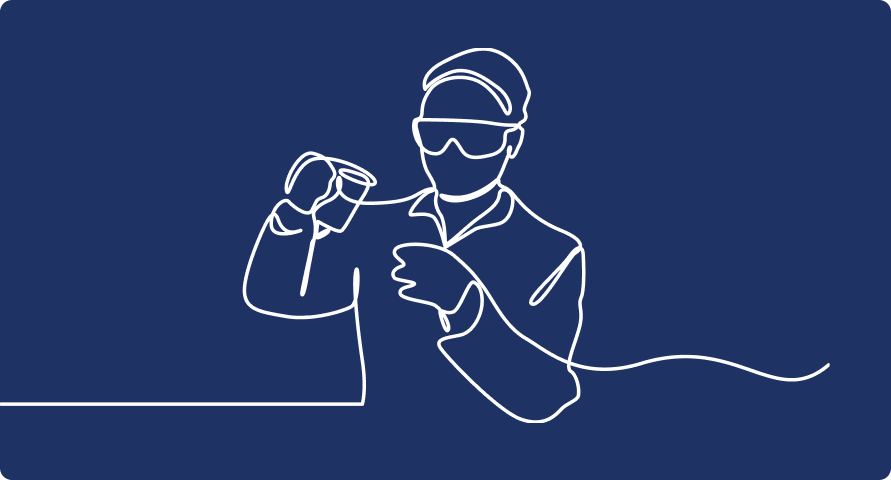Compounded Hormones
Personalized hormone therapy, carefully compounded to match each patient’s unique needs, life stage, and symptoms.
Compounding allows pharmacists to create customized medication for an individual patient pursuant to a prescription.
From personalized hormone and ketamine treatments to solving shortages and ensuring quality, compounding fills critical care gaps.


Personalized hormone therapy, carefully compounded to match each patient’s unique needs, life stage, and symptoms.

In drug shortages, compounding pharmacies deliver timely, custom medication when patients need it most.

An emerging option for treatment-resistant depression, PTSD, and chronic pain—delivered with medical precision.

FDA says natural thyroid medicine is a biologic and pharmacies can no longer compound it. That's not right.
Whether you are a patient or physician, join thousands of voices to tell your experience with compounding.
Laws and regulations are rapidly evolving. Help ensure patient access to compounded therapies by joining our advocacy efforts. Your voice matters—to lawmakers, regulators, and the future of personalized medicine.

Compounded medications play a vital role in modern care—addressing shortages and enabling personalized therapies through the skill of authorized, state-licensed pharmacies.
U.S. pharmacies provide compounding services
of compounding pharmacies filled drugs listed on the FDA shortage list in the past two years
Compounded prescriptions are filled each month in the U.S.
Women rely on compounded hormone therapy to manage menopausal symptoms annually

.png)